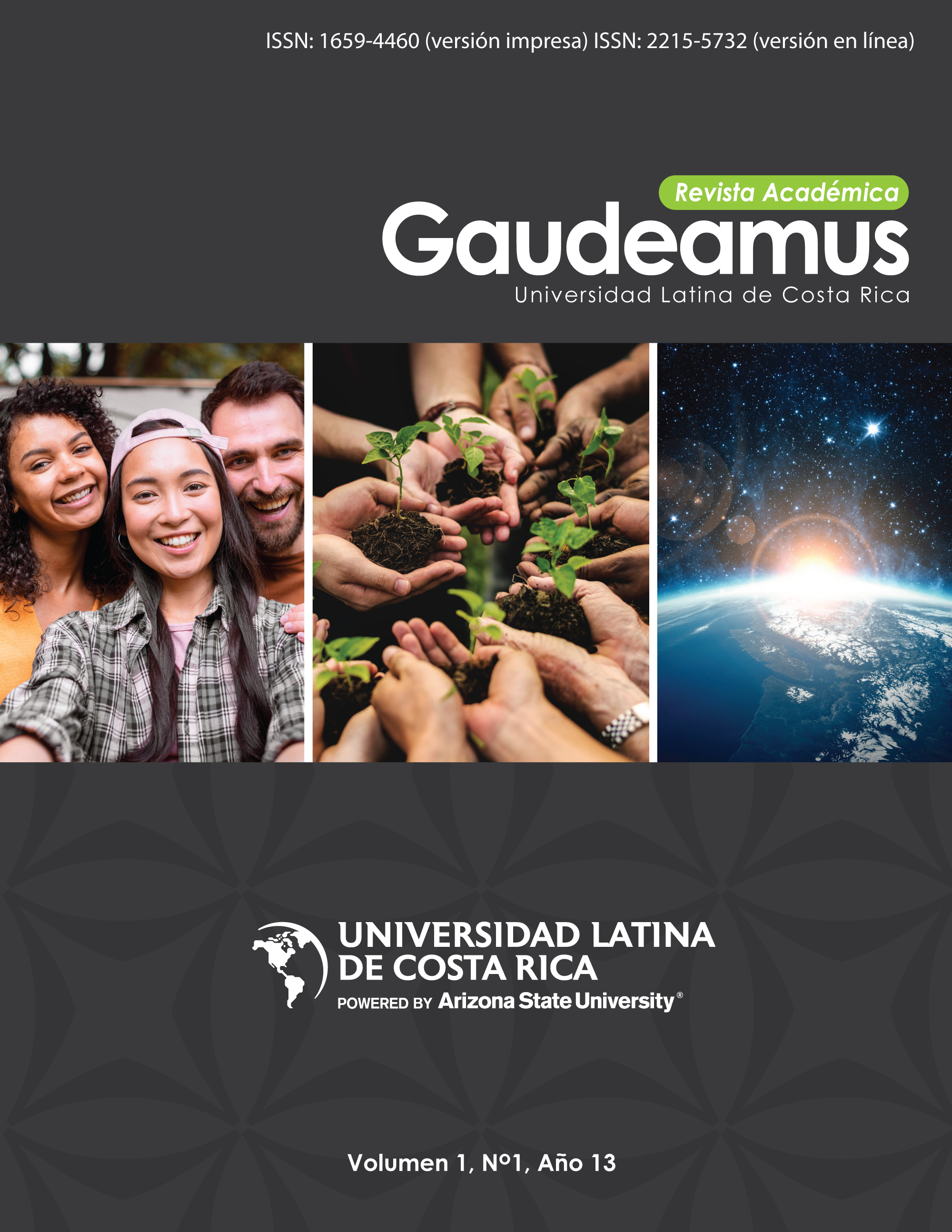Digitalization of International Trade: The Role of Smart Customs and Blockchain Technology
Abstract
This study analyzes how the digitalization of international trade, through technologies such as smart customs and blockchain, is transforming logistics processes, transparency, and efficiency in cross-border trade. Based on a qualitative review of academic literature, technical reports, and case studies, the research examines the advantages, limitations, and necessary conditions for effective implementation, with a focus on developing countries such as Costa Rica. The findings indicate that smart customs significantly reduce clearance times, automate procedures, and foster interagency coordination. Meanwhile, blockchain enhances traceability, document security, and trust among trade actors, especially when combined with smart contracts. Nonetheless, developing countries face challenges related to technological infrastructure, the availability of specialized human talent, and the lack of appropriate regulatory frameworks. While Costa Rica has made significant progress, its experience highlights the need for an integrated approach that aligns technical capabilities, public policy, and institutional innovation. The study concludes that these technologies hold great transformative potential, but their sustainable adoption will depend on the development of national strategies that address existing structural barriers.







